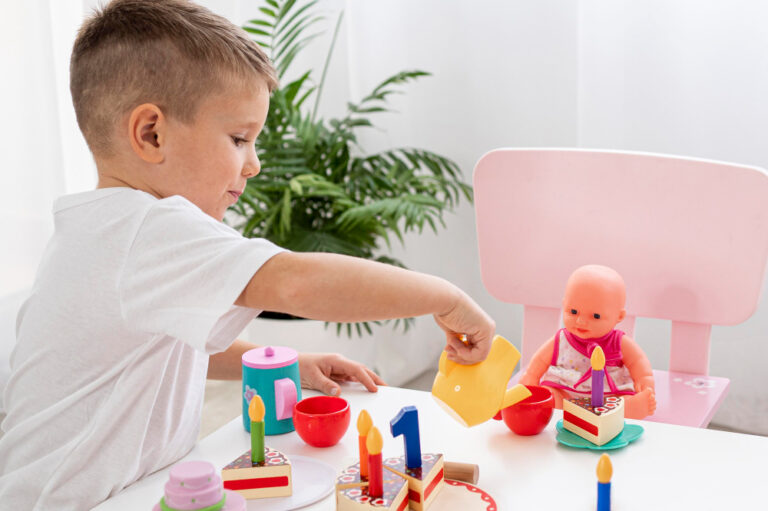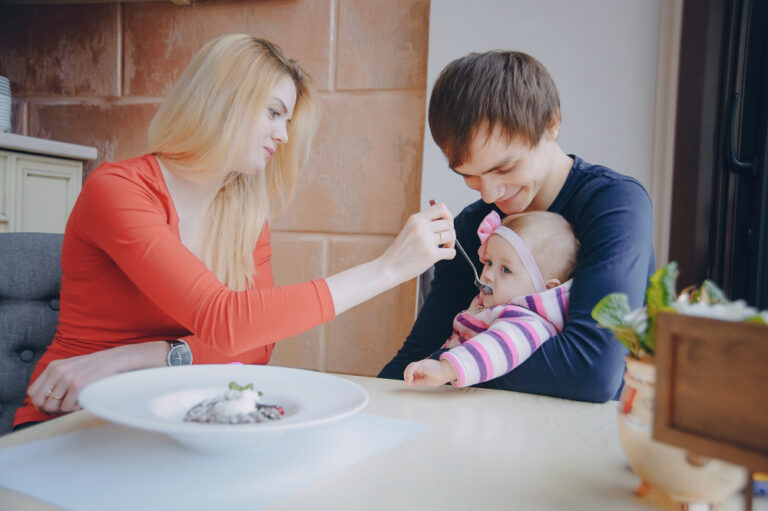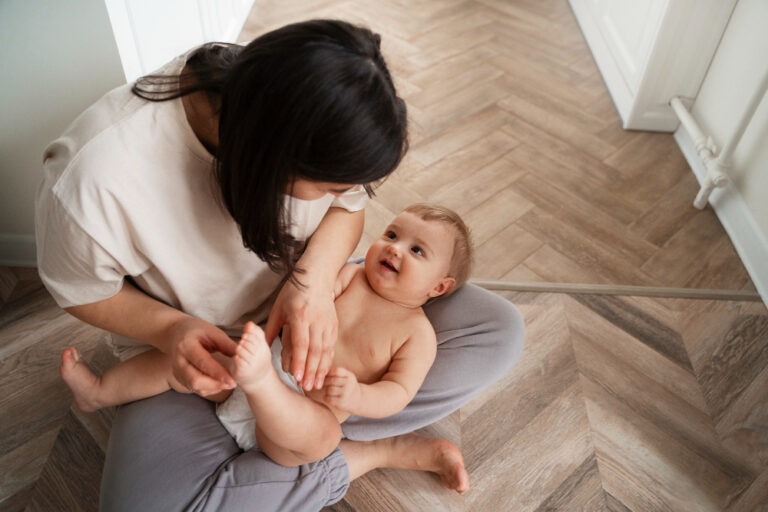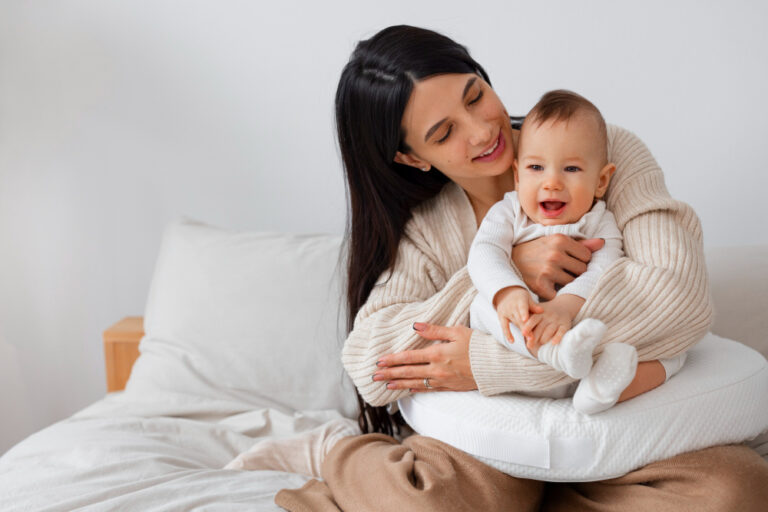10 Simple Ways to Make Baby Care at Home Easier & Happier
Caring for a baby at home can feel overwhelming, especially during the first few months. Every coo, cry, and cuddle matters and so does having the right approach to daily care. A calm, organized routine makes a big difference in both your baby’s comfort and your peace of mind.
From diaper changes to bedtime snuggles, each small task becomes easier with the right tools and habits in place. Parents who build a nurturing home environment often feel more confident and connected with their little ones.
This post breaks down ten practical baby care tips that actually work for real, busy families. These ideas focus on simplicity, consistency, and comfort, so you can spend more time bonding and less time stressing.
Whether you’re a first-time parent or adding to your growing family, these tips offer helpful ways to support your baby’s needs while making everyday life a little smoother and a lot more joyful.
10 Baby Care At Home
Caring for a baby at home can feel hard sometimes, especially for new parents. But with a few simple steps, you can keep your baby safe, happy, and healthy. This post shares ten easy baby care tips that you can follow at home.
These ideas are safe, budget-friendly, and perfect for parents who want to care for their baby in a calm, loving home. Let’s begin.
1. Keep the Room Clean and Fresh
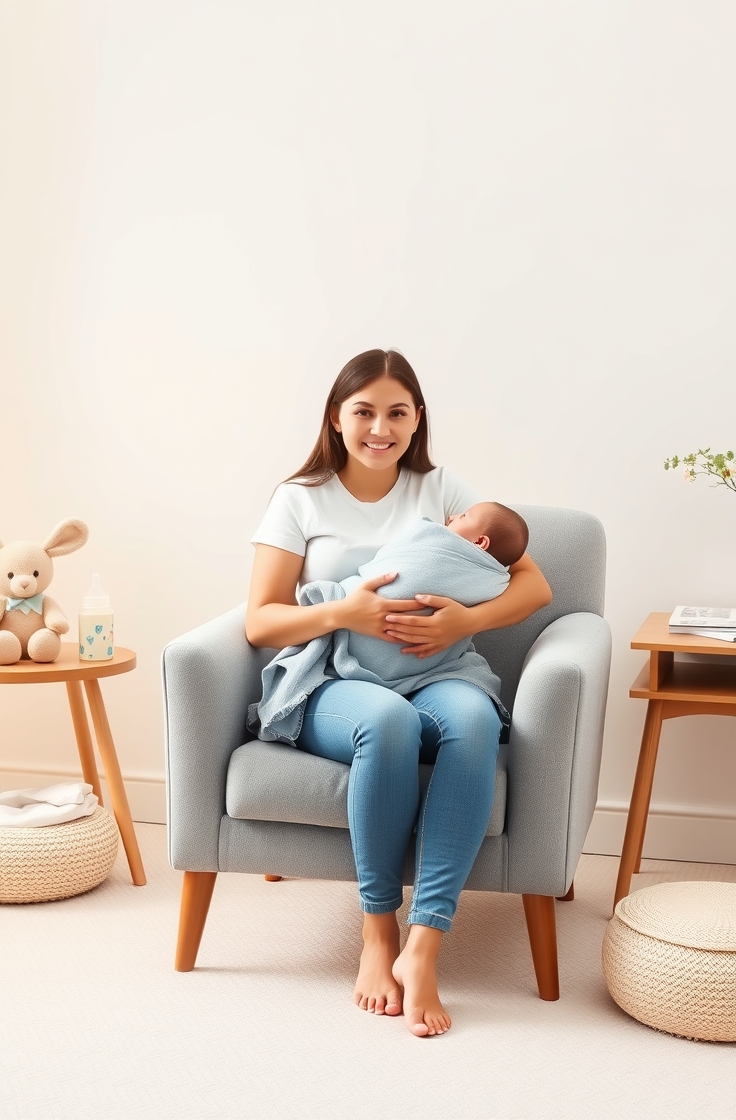
Babies have soft skin and small lungs. Dust, strong smells, or dirty surroundings can make them uncomfortable. Clean the baby’s room every day. Wipe down surfaces. Wash the baby’s bedsheet every two to three days. Open windows during the day so fresh air comes in.
Avoid using air fresheners or strong perfumes. They may smell nice to adults but can hurt a baby’s nose or lungs. Use mild disinfectants and baby-safe cleaning sprays. A clean room helps your baby sleep better and breathe with ease.
2. Stick to a Feeding Schedule
Babies feel safe with a routine. Feeding at the same time every day helps their tummy adjust. For newborns, feed every two to three hours. As the baby grows, the time between feeds will slowly increase.
Whether you give breastmilk or formula, watch your baby’s signs. Crying, sucking fingers, or turning the head may show hunger. After feeding, keep the baby upright for 10–15 minutes to help with digestion. Burp the baby by gently patting the back.
3. Give Gentle Baths
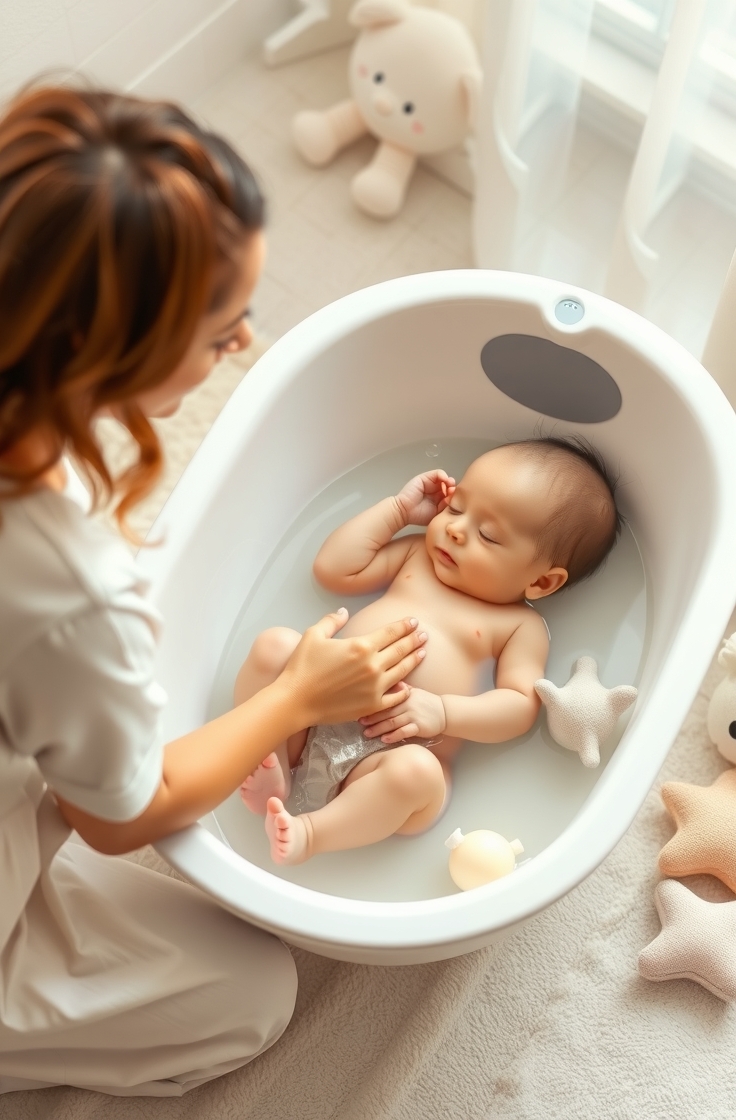
A soft bath relaxes your baby and keeps the skin clean. Use lukewarm water. Check the water with your hand before placing the baby in. Use a small plastic tub or a safe baby bath seat.
Use mild, fragrance-free baby soap and shampoo. Clean the neck, underarms, diaper area, and toes well. Rinse off soap fully. Wrap the baby in a soft towel right after the bath. Pat the skin dry don’t rub. Moisturize with baby lotion if the skin feels dry.
4. Use Soft and Clean Clothes
Babies have sensitive skin. Rough fabric can cause rashes. Dress your baby in soft cotton clothes. Avoid clothes with tags, tight elastics, or sharp zippers.
Wash baby clothes separately with baby-safe detergent. Rinse well so no soap stays in the cloth. Dry them in sunlight when possible. Always check the room temperature. Add or remove layers to keep your baby warm, not hot.
5. Change Diapers Often
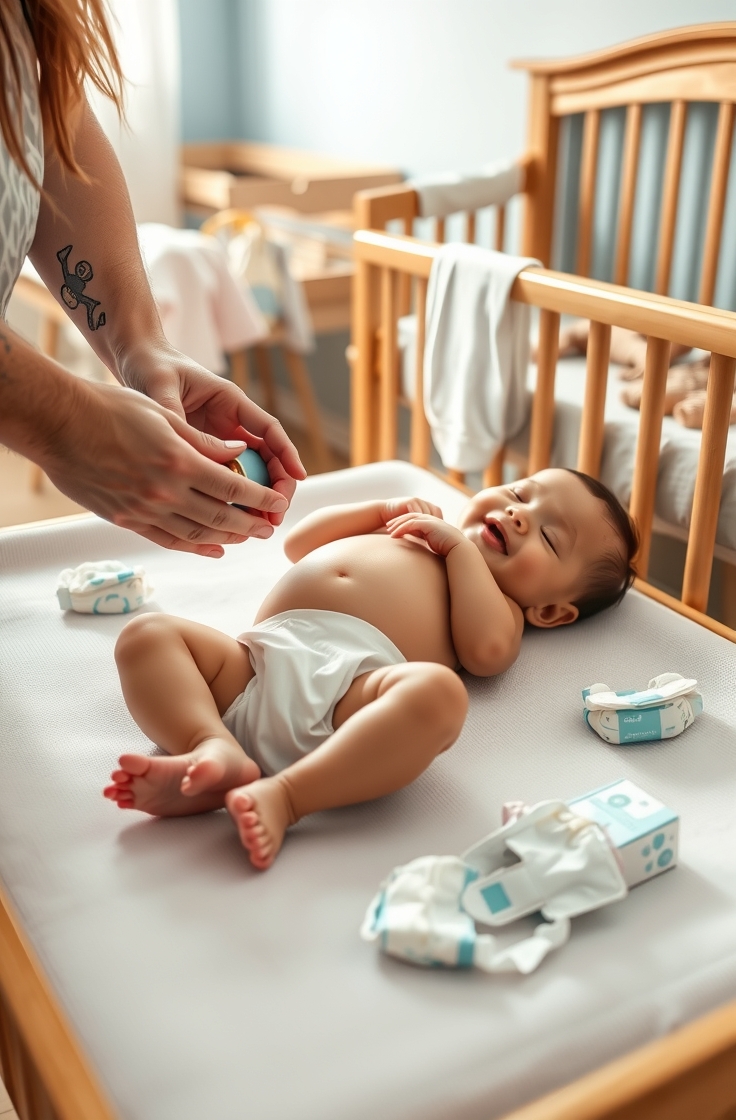
Wet or dirty diapers can cause rashes and discomfort. Check the diaper every two to three hours. Change it as soon as it feels wet or smells bad. Clean the diaper area with water or baby wipes.
Dry the skin fully before putting on a new diaper. Use a diaper rash cream to prevent skin problems. Let the baby stay without a diaper for a few minutes each day. This gives the skin time to breathe.
6. Make a Sleep Routine
Good sleep helps babies grow well. Set a fixed time for naps and night sleep. Keep the baby’s bed in a quiet, dim room. Use soft bedding and avoid pillows or heavy blankets.
A short bedtime routine helps. Try a warm bath, a soft song, or a short massage. Hold or rock the baby gently until sleep comes. Avoid loud noises, screens, or bright lights during sleep time.
7. Give Tummy Time Every Day

Tummy time helps babies build neck and shoulder strength. Place your baby on their tummy on a soft mat for a few minutes. Start with 2–3 minutes, two to three times a day. Slowly increase the time.
Stay close and talk to your baby during tummy time. Add toys nearby to make it fun. Never leave the baby alone on the tummy. Always watch closely.
8. Massage Your Baby Gently
A simple massage can calm your baby and improve blood flow. Use baby oil or lotion. Rub between your hands to warm it before touching the skin.
Start with the legs, then move to arms, chest, tummy, and back. Use slow, light strokes. Avoid the face and neck if the baby doesn’t like it. Pick a time when the baby is calm, not right after feeding. Massage builds closeness and helps with sleep.
9. Watch for Signs of Sickness

Babies can’t say what hurts, but their body gives signs. Watch for fever, runny nose, rash, or changes in feeding or sleeping. Crying more than usual or being too quiet may also mean something’s wrong.
Keep a baby thermometer at home. Check the temperature if your baby feels warm. Call a doctor if the fever is high or lasts more than a day. Better to act early than wait too long.
10. Bond With Your Baby
Your love and care help your baby feel safe. Talk to your baby during the day. Smile, sing, or read simple books. Make eye contact and respond when the baby makes sounds.
Hold the baby often. Carry them in a baby carrier while walking around the house. Skin-to-skin contact is also good, especially for newborns. These small things help your baby grow with trust and happiness.
FAQs
How often should I bathe my baby at home?
Two to three times a week is enough for newborns. Clean the face, hands, and diaper area every day.
Is breastmilk better than formula?
Both can help your baby grow. Breastmilk has natural goodness. But formula also gives proper nutrition. Use what works best for you and your baby.
Can I give my baby water?
Only give breastmilk or formula for the first 6 months. After that, small sips of water are okay.
What should I do if my baby has diaper rash?
Keep the area dry and clean. Use diaper rash cream. Give diaper-free time. If it gets worse, talk to a doctor.
How can I calm my crying baby?
Check for hunger, wet diaper, or tiredness. Hold the baby close, sing a soft song, or walk around. Sometimes babies cry just to feel safe.
What clothes are best for home?
Soft cotton clothes work best. They allow the skin to breathe and feel comfortable.
Is tummy time safe for newborns?
Yes, but only for short times and under your full watch. Place the baby on a flat, soft surface.
How much sleep does a baby need?
Newborns sleep about 14–17 hours a day. As they grow, sleep time reduces slowly.
Do I need many baby products at home?
No, just a few safe and useful items are enough. Focus on comfort and hygiene.
How do I know if my baby is growing well?
Check weight, feeding, sleep, and baby’s mood. Visit your doctor for regular checkups.
Conclusion
Home is the first world your baby knows. Care at home builds the base for health, growth, and happiness. Clean spaces, regular feeding, soft clothes, and your warm touch make a big difference.
You don’t need fancy things to raise a baby with love. Just small daily actions, gentle words, and watchful care. Each baby is different. Go at your baby’s pace. Learn together. Grow together. And enjoy every moment, one day at a time.



